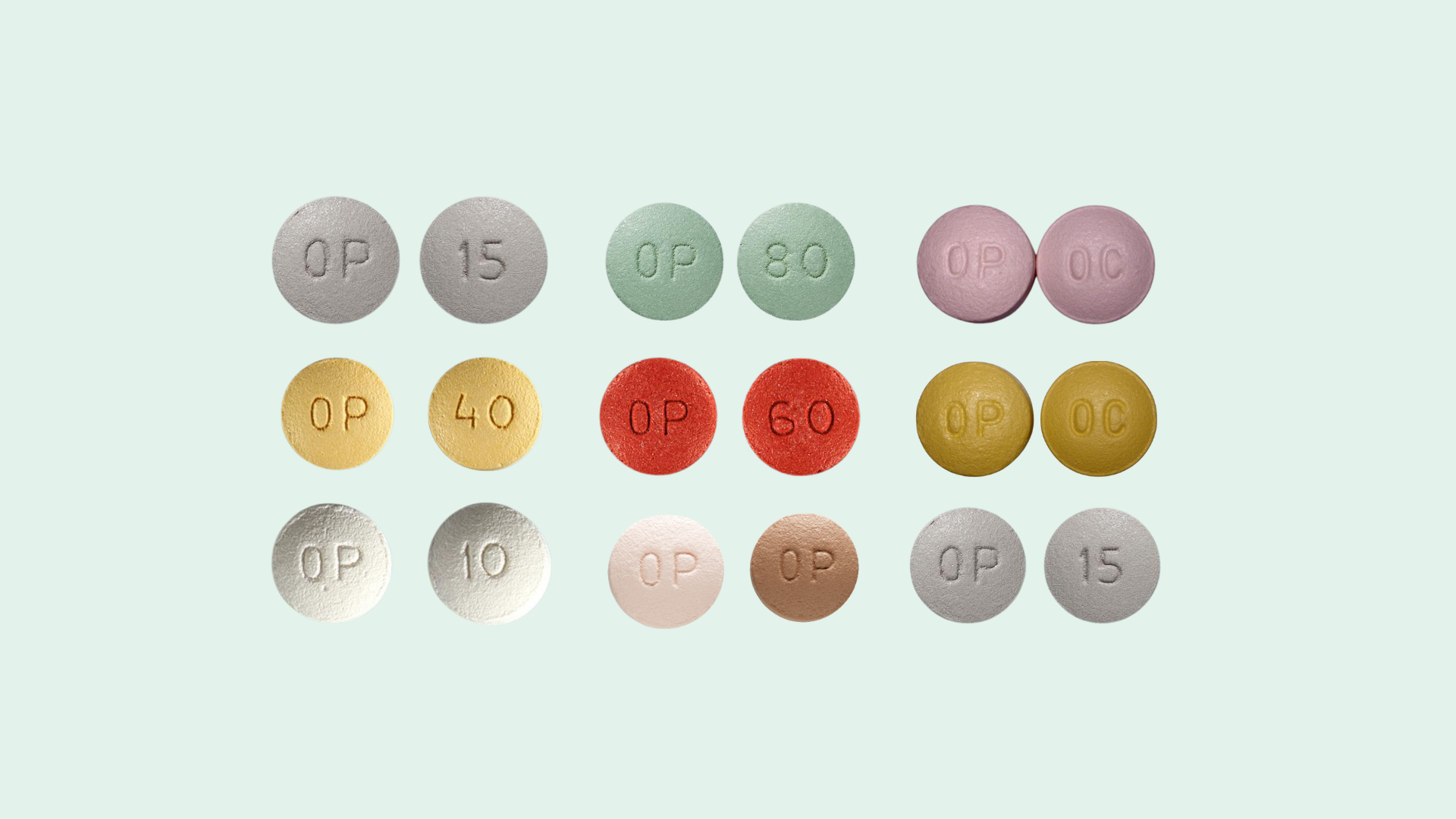Understanding OxyContin Abuse
OxyContin, also known as “hillbilly heroin,” is a narcotic opiate painkiller prescribed for chronic and unrelenting pain, such as pain associated with cancer. It is available in an extended-release formula, providing long-lasting pain relief. However, OxyContin also produces feelings of pleasure and euphoria, which can lead to addiction.
Many individuals misuse OxyContin to experience emotional numbing and relieve emotional pain. The drug’s high content of the narcotic oxycodone makes it popular on the street. In the past, OxyContin was available in a form that allowed users to crush, snort, or inject it, enhancing its euphoric effects. This misuse contributed to the drug’s addictive potential and led to a crush-resistant formulation being developed in 2013.
Physical and Behavioral Signs of OxyContin Addiction
OxyContin addiction manifests through various physical and behavioral signs. These signs may vary among individuals based on the length of addiction and the amount of OxyContin used. Some physical signs of OxyContin addiction include
- Constipation
- Fatigue
- Nausea and vomiting
- Abdominal pain
- Sweating
- Itching
- Loss of appetite
- Urinary retention
- Dizziness
- Lightheadedness
- Hypotension
- Respiratory depression
- Cardiovascular complications
Behavioral signs of OxyContin addiction can include
- Taking larger doses to achieve the desired effects
- Stealing or borrowing OxyContin from friends and family
- Forging prescriptions or obtaining OxyContin illegally
- Engaging in risky behaviors to obtain the drug
- Neglecting personal responsibilities and appearance
- Preoccupation with obtaining, using, and recovering from the effects of OxyContin
- Isolation from friends and loved ones
- Poor academic and occupational functioning
- Legal problems related to drug abuse
Psychological Signs of OxyContin Addiction
In addition to physical and behavioral signs, OxyContin addiction also has psychological manifestations. These may include
- Anxiety
- Depression
- Panic attacks
- Worsening of existing mental illnesses
- Hallucinations
- Paranoia
- Delusions
The psychological effects of OxyContin addiction can significantly impact a person’s overall wellbeing and quality of life. It is essential to identify these signs and seek help promptly.
Impact of OxyContin Addiction
OxyContin addiction can have profound and devastating effects on various aspects of a person’s life, such as
- Legal problems and potential incarceration
- Damage to relationships with family and friends
- Poor occupational and academic functioning
- Financial difficulties
- Respiratory depression and other physical health complications
- Increased risk of overdose and death
Furthermore, individuals struggling with OxyContin addiction often experience co-occurring mental health disorders, such as anxiety, depression, and bipolar disorder. These disorders can worsen and complicate the addiction, making professional treatment even more crucial.
Getting Help for OxyContin Addiction
Recognizing the signs of OxyContin addiction is the first step towards seeking help and recovery. If you or someone you know exhibits these signs, it is important to reach out to a healthcare professional or addiction treatment center. Treatment for OxyContin addiction typically involves a comprehensive approach that may include:
- Medical detoxification to safely manage withdrawal symptoms
- Residential or inpatient treatment programs to provide intensive therapy and support
- Outpatient programs for individuals who require a more flexible treatment approach
- Medication-assisted treatment to help manage cravings and prevent relapse
- Individual and group therapy to address underlying issues and develop coping skills
- Support groups and aftercare programs to promote long-term recovery
Remember, OxyContin addiction is a complex disorder that requires professional help. With the right treatment and support, individuals can overcome addiction and regain control of their lives.
Recognizing the signs of OxyContin addiction is vital for early intervention and effective treatment. Physical signs, such as constipation, fatigue, and respiratory depression, along with behavioral signs like preoccupation with obtaining the drug and neglecting responsibilities, can indicate a problem. Psychological signs, including addiction, anxiety, and depression, may also be present. OxyContin addiction can have severe consequences, impacting relationships, occupation, and overall wellbeing. Seeking professional help is crucial for successful recovery.

